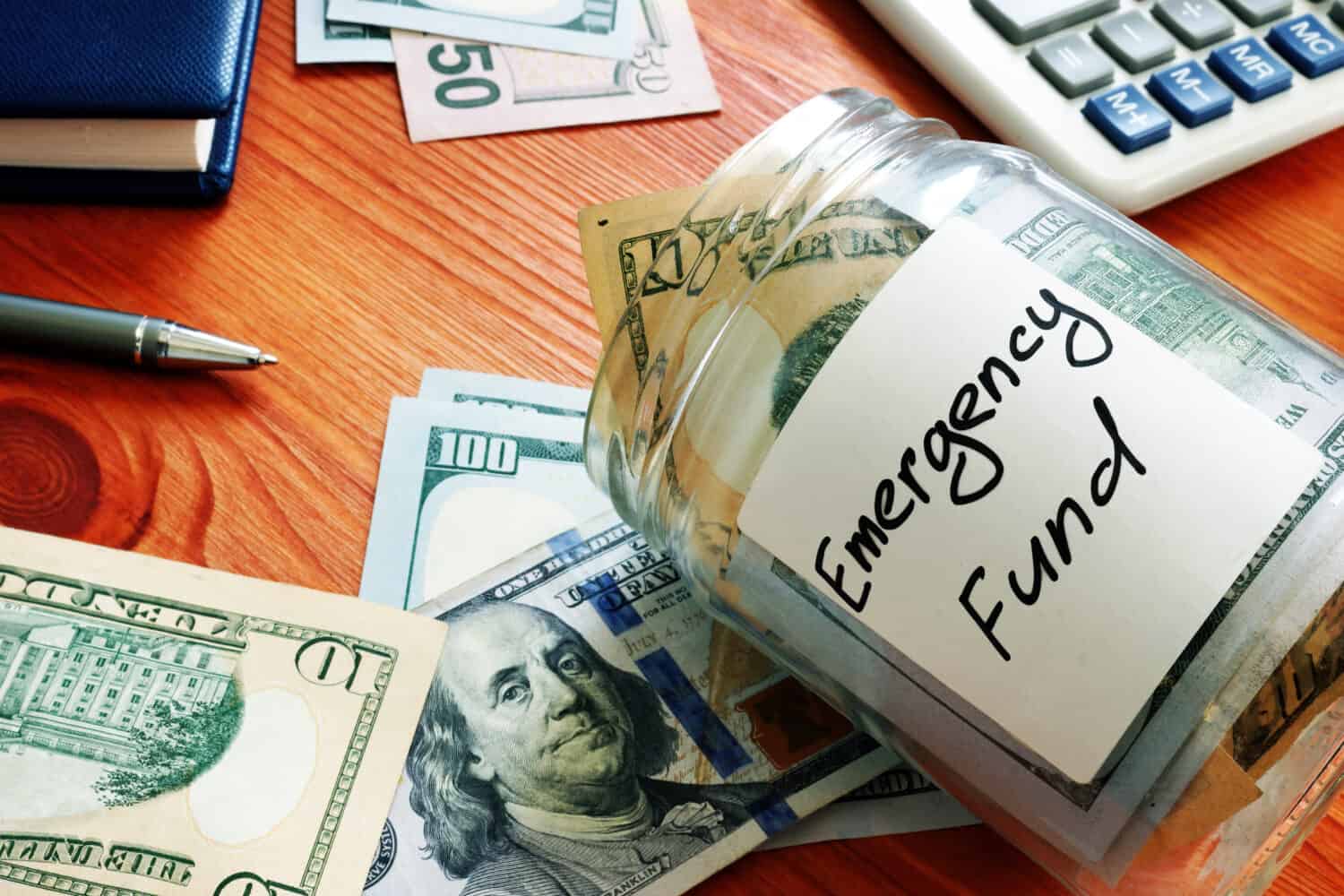Personal Finance
Suze Orman Thinks You Need a 12-Month Emergency Fund. Is She Right?

Published:
Last Updated:

It’s important to have money for unplanned bills on hand at all times.
Financial guru Suze Orman advises people to save 12 months of expenses.
While that’s clearly a lot of money, you may want to take her suggestion.
Are you ahead, or behind on retirement? SmartAsset’s free tool can match you with a financial advisor in minutes to help you answer that today. Each advisor has been carefully vetted, and must act in your best interests. Don’t waste another minute; get started by clicking here (Sponsor)
Life has a way of surprising us with unplanned bills. You could wake up in the morning to take a shower only to find that your water heater can stopped working. Or, you could go to start your car only for that dreaded “check engine” light to start flashing before your eyes.
It’s for reasons like this that you need an emergency fund — money in the bank to cover unexpected expenses. You also need an emergency fund to get you through a period of unemployment.
It’s true that if you’re laid off and eligible for unemployment benefits, you’ll get some money for a period of time after losing your job. But unemployment typically only covers a small portion of your paycheck. And if you’re self-employed, you won’t be eligible for unemployment benefits at all. So that’s where your savings come in.
For a long time, experts used to suggest having a three- to six-month emergency fund. But recently, financial guru Suze Orman has been advocating a 12-month emergency fund.
Is that excessive? Not necessarily.
Years back, Orman might’ve suggested a three- to six-month emergency fund like many of her peers. But in 2022, she updated her guidance on her blog to say, “My hope is that you work your way toward having enough set aside to cover 12 months of essential living costs. And you also know that I realize that can take time.”
Why the change of heart? Notice that this update was published after the pandemic.
In 2020, the Covid-19 outbreak upended the economy and drove unemployment levels up to new records. And it took many people a long time to recover from the events of the pandemic.
Orman noticed all of this and changed her tune on emergency savings. And frankly, she’s not off base.
While we can hope that we’ll never experience another economic or health-related crisis like the events of early 2020, the reality is that no one knows what’s in store. So it’s definitely not a bad idea to aim for a 12-month emergency fund, with the understanding that you might have to build up that level of cash reserves over time.
Even Orman herself recognizes that a 12-month emergency fund isn’t an overnight goal. But it’s one that could give you a lot more protection — and peace of mind.
If you don’t have an emergency fund, the idea of socking away 12 months’ worth of living expenses might seem overwhelming. And even if you have a three-month emergency fund already, getting from there to 12 months of expenses is a big stretch.
To make things easier on yourself, set shorter-term goals. For example, if you have little to nothing saved for emergencies now, aim to have a month’s worth of expenses saved in 90 days. Or 120 days. Or whatever timeframe you feel is reasonable. And then, once you’ve reached that milestone, move on to the next one.
Of course, to build savings, you may need to make some changes to your financial habits. That could mean cutting back on certain expenses or boosting your income with a side gig.
But all told, Orman’s advice to build a 12-month emergency fund isn’t overly cautious given the events of 2020. So it’s a great goal to aim for over time.
Start by taking a quick retirement quiz from SmartAsset that will match you with up to 3 financial advisors that serve your area and beyond in 5 minutes, or less.
Each advisor has been vetted by SmartAsset and is held to a fiduciary standard to act in your best interests.
Here’s how it works:
1. Answer SmartAsset advisor match quiz
2. Review your pre-screened matches at your leisure. Check out the advisors’ profiles.
3. Speak with advisors at no cost to you. Have an introductory call on the phone or introduction in person and choose whom to work with in the future
Thank you for reading! Have some feedback for us?
Contact the 24/7 Wall St. editorial team.